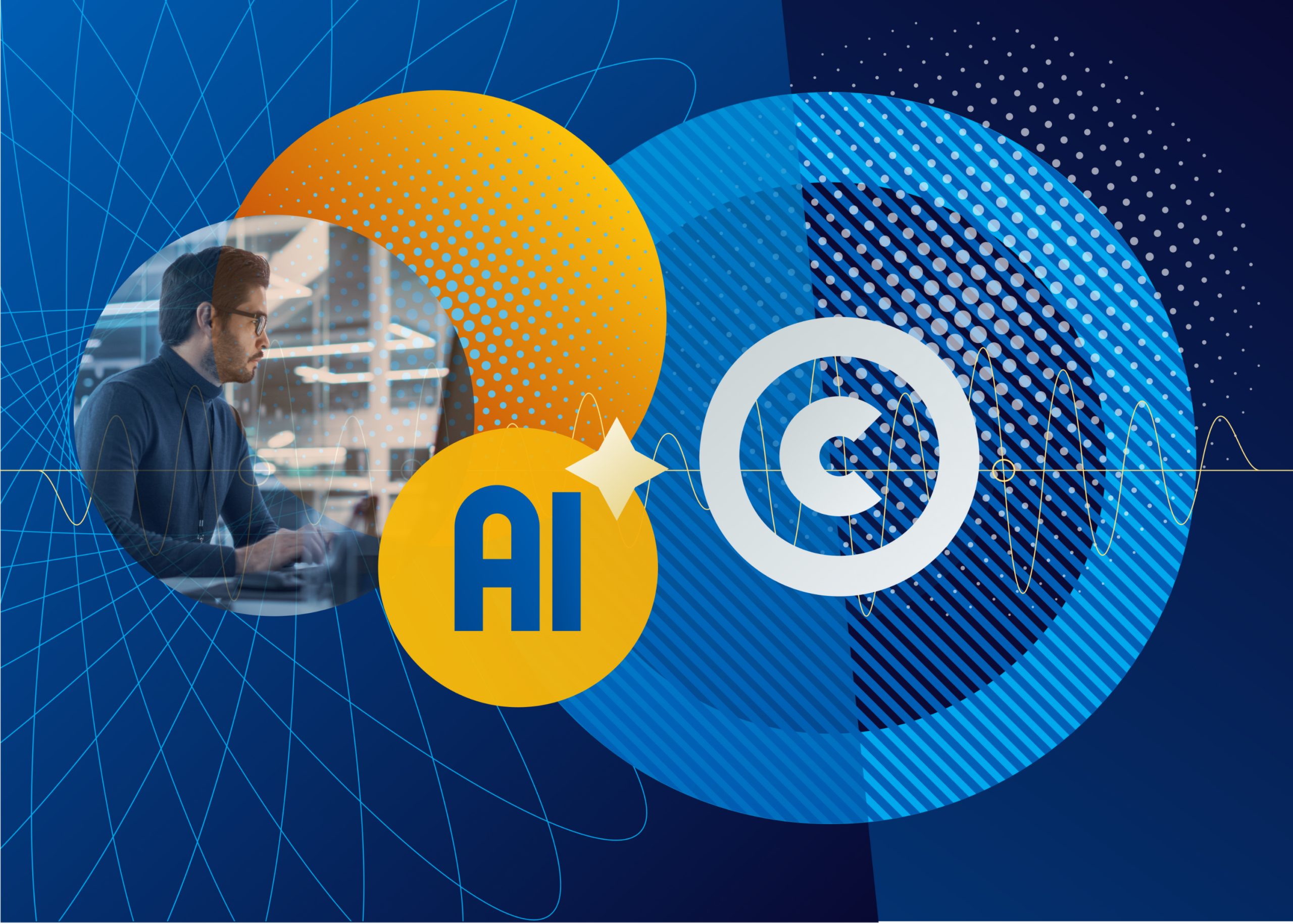SITC Chair Addresses AI and Copyright Issues with Google and OpenAI

UK Government’s Inquiry into AI and Copyright
Introduction to the Consultation
Chi Onwurah, who chairs the Science, Innovation and Technology Committee in the UK House of Commons, recently reached out to Google and OpenAI. She requested information regarding their positions on the Government’s consultation concerning artificial intelligence (AI) and copyright regulations. This consultation aims to assess how AI technology intersects with intellectual property rights, providing a framework that balances innovation and the protection of creators.
Joint Session on AI Proposals
In February 2025, the Science, Innovation and Technology Committee, alongside the Culture, Media and Sport Committee, conducted a joint session to explore the various proposals laid out in the Government’s consultation. The focus of this collaboration was to evaluate how AI can influence creative industries while examining the legalities surrounding copyright.
Joint Letter to Government Officials
After the joint session, the chairs of both committees penned a unified letter to the Secretaries of State for Science, Innovation and Technology, as well as Culture, Media and Sport. The correspondence expressed their collective opinions on the consultation and emphasized the importance of creating a transparent rights framework that addresses both AI developers and content creators.
Google and OpenAI’s Response
Notably, both Google and OpenAI did not send representatives to participate in the February session. They justified their absence by indicating that the Government’s consultation was still ongoing, which made it premature for them to disclose their views. However, there remains a pressing need for clarification on how these companies intend to address the challenges and opportunities presented by AI in relation to copyright.
Importance of Intellectual Property in the AI Era
Onwurah highlighted the significance of finding a balance that accommodates a burgeoning AI sector alongside the rights of creative individuals and industries. She pointed out that the UK is home to a dynamic AI landscape with the potential to foster economic growth, while also housing world-renowned creative sectors that are understandably concerned about protecting their intellectual property.
Government’s Ambitious Goals
The Government’s proposals hinge on the development of effective technological solutions. These advancements must happen swiftly to meet the expectations set forth by the Government. Onwurah stated that understanding the positions of leading AI firms like Google and OpenAI is essential to ascertain whether they believe they can support these objectives.
Challenges Ahead
The confluence of AI technology and copyright issues poses unique challenges. For example, how will the rights of artists and creators be preserved when their works are used to train AI systems? Moreover, how can AI developers ensure that their innovations do not infringe upon the intellectual property of others? These questions need meticulous attention as stakeholders navigate the evolving landscape of technology and law.
Summary
In summary, the interaction between AI and copyright is a pivotal topic that demands collaboration among various sectors. By engaging with industry leaders, such as Google and OpenAI, the UK Government aims to mold a framework that fosters innovation while safeguarding the rights of creators. The outcome of this consultation will be critical in shaping the future of both AI technology and creative industries in the UK. As the dialogue continues, all eyes will be on how these influential companies respond and adapt to the regulatory landscape surrounding AI and copyright.





